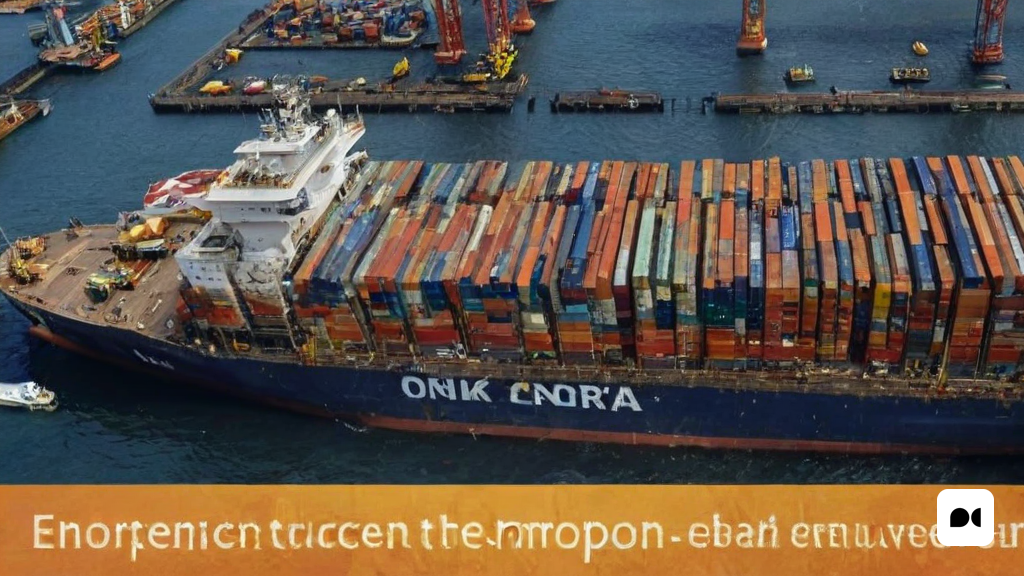A controversial measure
The new European tax on ship emissions has generated an intense debate about its effectiveness in the fight for decarbonisation. According to the group of experts in multimodal transport research at the International Center for Numerical Methods in Engineering (CIMNE) of the Universitat Politècnica de Catalunya (UPC), this tax is not effective and could have unintended consequences.
Displacement of port activity
Experts warn that this tax could cause part of the activity in Spanish ports to move to the coasts of North Africa. This reconfiguration of maritime lines could negatively affect Barcelona and other Mediterranean ports. The group of experts proposes a compensatory system that avoids this situation and maintains the competitiveness of Spanish ports.
Incentives to relocate Mediterranean bases
Europe’s ship emissions tax creates strong incentives for shipping lines to move their Mediterranean container bases to North Africa. This transfer could mean millions of euros in annual losses for companies. In addition, the North African ports, such as Tangier, Nador and Port Said, could see a growth in their activity in the coming years.
Long-term impact
According to the CIMNE study, more than 75% of Far Eastern and transatlantic routes arriving in Europe could end up being diverted to Africa in the long term. This could mean a loss of competitiveness for European ports and an increase in maritime transport costs. Companies such as Maersk and Hapag-Lloyd are already considering this option to save millions of euros annually.
Reactions and alternatives
The Port of Barcelona had already warned about the possible negative effects of this tax. The CIMNE group of experts agrees with this vision and proposes alternatives to avoid the reconfiguration of maritime routes and the transfer of port activity. It is important to find a balance between the reduction of emissions and the competitiveness of European ports.
conclusion
The European tax on ship emissions has generated concern about its consequences on port activity and the competitiveness of Spanish ports. The CIMNE group of experts proposes alternatives to avoid these consequences and maintain cleaner maritime transport without negatively affecting Mediterranean ports.

